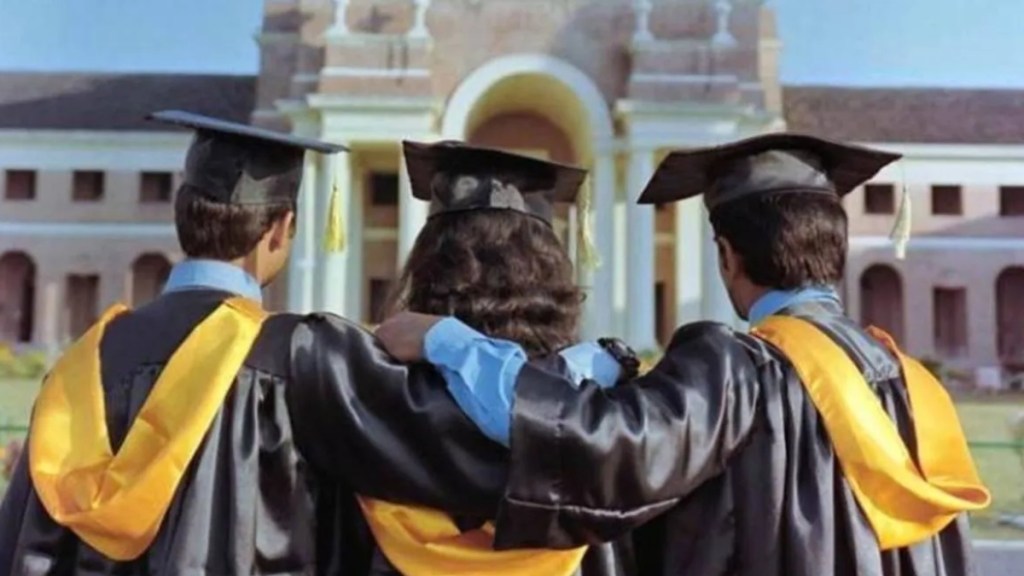IITs over the years have become the top colleges in India as it has gained a reputation of creating some of the best skilled engineers. It has consistently ranked among the top institutes, according to Statista, a market research firm. “Because of the quality of the students that we get, and the kind of autonomy we have on deciding what should be done in an institution. We are not controlled or regulated unnecessarily under any particular body, and can decide our own destiny and curriculum. So, we have a lot of freedom to decide how to go about and on top of that we have outstanding students,” Jaison Manjaly, chair professor, IIT Gandhinagar, said.
Interestingly, contrary to popular belief private universities opine that they are not in a race with IITs as these institutes are no longer the only choice. “I don’t think IITs still remain the top colleges. It depends on which discipline we are talking about, engineering, maybe, but not for other disciplines,” Jaideep Chatterjee, dean, Jindal School of Art and Architecture, said.
Furthermore, industry experts opine that the success is largely due to support it receives from the government in the form of funds and infrastructure. “It is absolutely difficult to give quality and equitable education. I will say there are two things. One is that quality and also the quality is accessible to not just the elite group, but we can also give it to all sections of the society. Without the support of the government it will be impossible,” Manjaly added.
On the other hand, private universities are said to not have access to these funds or the approval process is biased, which is considered to be one of the reasons why private universities cannot match the level of IITs. IITs, which are especially funded by the state, are far ahead, because they get the benefit of all of that, according to an official statement from the private institute.
“The funding system in India is biased, we are constantly receiving funds from the international market. It’s just that the national funding scenario is biased in a certain way. The way the structure is made, there is an open competition allowed in a certain sense,” Chatterjee added.
Moreover, private universities have to get approval to receive funds from the government. “When you are creating a system, which favours one over the other, there’s a problem there,” Chatterjee said. Next, job placement is an important issue faced by private institutions which affects student choices. Compared with a student from IIT, it has been often observed that a student from a large number of private institutes not only find it difficult to get a placement but are also offered lesser remuneration.
Talking about the legacy of IITs, as it has been in existence for over 40 years and some of them are over 100 years old while private institutes have an average age of 15 years, Chatterjee explained, “I don’t think these are issues generally. Jindal Global University is 13 years old. Within the last 13 years, Jindal Global Law School has become the 70th ranked law school in the world. It’s not that it’s impossible. I don’t think the legacy of IITs is an issue.”

